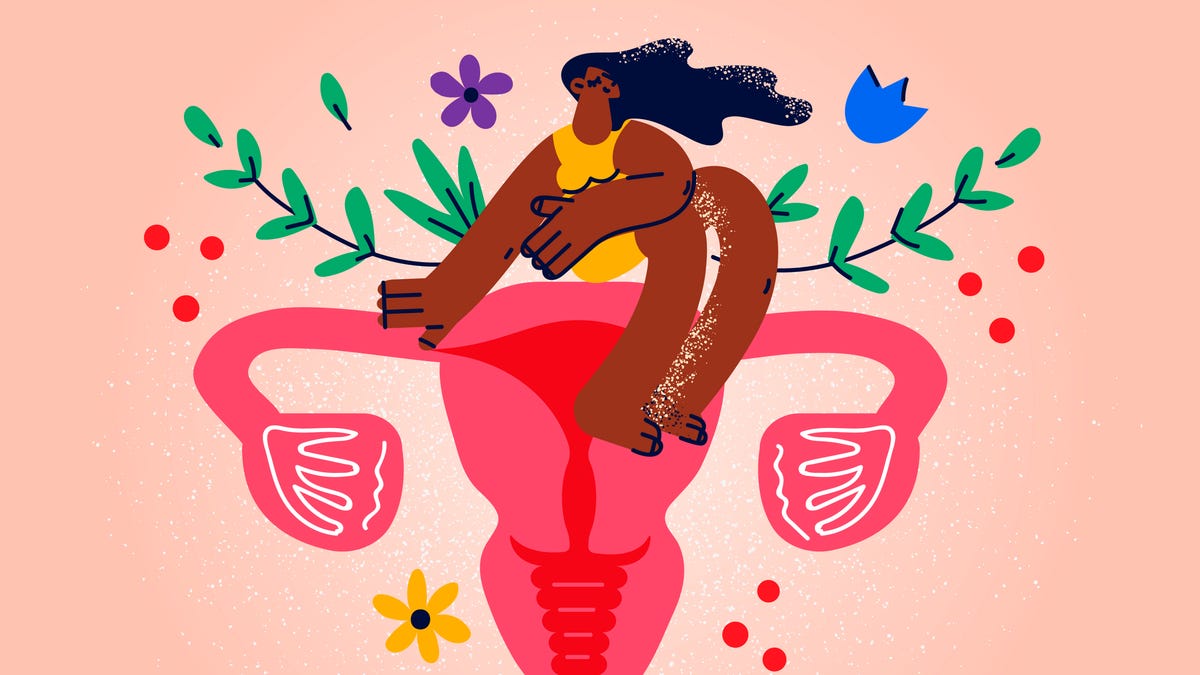Menstrual pain doesn’t have to be unbearable. Here’s how you can ease menstrual cramps.
Menstrual cramps can be severe, but experiencing painful periods doesn’t have to be a regular battle.
Regarding menstrual cramps, “individuals have varying sensitivities,” points out Dr. Jessica Kingston, MD, a certified obstetrician/gynecologist and professor at UC San Diego Health. Painful periods, also known as dysmenorrhea, can result in discomfort and throbbing sensations in the lower abdomen, as well as pain in the lower back, hips, and inner thighs, according to Cleveland Clinic.
No matter how intense your cramps are, there are multiple over-the-counter and prescription options available that can help alleviate menstrual pain. We consulted professionals to gather essential information on how to relieve cramps.
What triggers menstrual cramps?
Primary dysmenorrhea is the term used for the cramping pain that occurs immediately before or during menstruation. According to the American College of Obstetricians and Gynecologists, these cramps recur regularly.
As your body gets ready for your next menstrual cycle, “prostaglandins, which are hormone-like substances, are produced in the uterus,” explains Dr. Joy Friedman, MD, a pediatrician who specializes in adolescent medicine at Nemours Children’s Health in Delaware. “These prostaglandins can trigger muscle contractions, leading to cramps,” she notes.
When menstruation starts, prostaglandin levels are at their highest. As bleeding continues and the uterine lining is expelled, the levels of prostaglandins decrease, and, accordingly, the pain tends to lessen, according to ACOG.
When preteens and teens have their first menstrual period, “the cycles may not always involve ovulation,” Friedman explains. So, “it’s not unusual for [the period] pain to intensify after a year or two” once ovulation cycles become more regular, she adds.
What are effective remedies for period cramps?
Over-the-counter nonsteroidal anti-inflammatory drugs (NSAIDs) like naproxen and ibuprofen can alleviate menstrual cramps effectively, according to Friedman. Taking these medications “as soon as you feel pain can help lower the body’s prostaglandin production” before the cramps escalate, she advises.
Hormonal birth control methods, such as the pill, injection, or implant, may also be recommended for managing period cramps, states the National Health Service. “Heavier periods can lead to increased cramping to expel blood, which can worsen painful periods,” says Kingston. Therefore, hormonal birth control, often used for contraception, can be prescribed to reduce menstrual flow,” she explains.
What home remedies can alleviate period cramps?
Getting regular exercise before or during your period can “boost circulation, enhance endorphins, and improve how someone copes with their symptoms,” advises Kingston. A study conducted in 2018 found that regular physical activity is effective in alleviating the symptoms associated with painful menstruation.
The NHS also lists other remedies that may help soothe painful period symptoms, including:
- Using a heating pad or hot water bottle
- Gently massaging the abdomen and back
- Soaking in a warm shower or bath
While you’re on your period, it’s best to steer clear of foods and drinks that can contribute to water retention and bloating. According to Healthline, consuming fatty foods, caffeine, alcohol, fizzy drinks, and salty snacks may aggravate period cramps.

